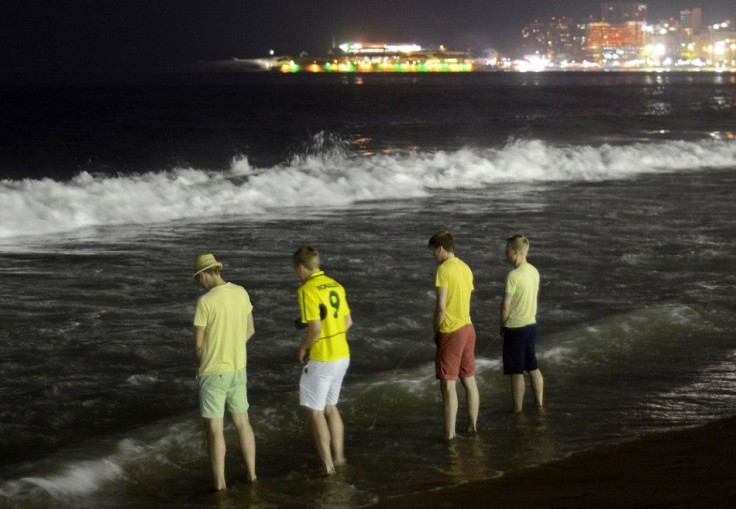UK Campaign Encourages University Students To Pee While In The Shower To Save Water

The University of East Anglia (UEA) in the United Kingdom is encouraging its students to release their first morning urine while showering at the same time to save on water. Such as simple move could save 720 million litres of water if the practice becomes nationwide.
Debs Torr and Chris Dobson, students of UEA who are spearheading the Go with the Flow campaign, reckon that each flush of urine only uses 12 litres of water. If all 15,000 UAE students would follow the suggestion daily, the university could save enough water to fill an Olympic-sized swimming pool 26 times.
If the entire East Anglia heed the water-saving initiative, the savings would amount to 70 million litres of water or €54 million, while if the whole of UK would follow suit, the expected savings would be equivalent to 720 million litres of water or €546 million.
Dobson admits, though, that the campaign has divided the nation between pros and cons. "People either seem to love it or hate it ... But that's exactly what we want. We're trying to challenge conventional behavior; to start a debate on a resource that we largely take for granted," Dobson said, quoted by The Irish Times.
He said that based on consultation with a professor, there is no health issue involved. "As long as the water is flowing there is no hygiene risk as urine is sterile but we would encourage that every person using the same shower consents to the challenge and if not that they don't take part," BBC quoted Dobson.
In the past, there had been campaigns such as this one to save water by showering together.
YouTube/Okquard Productions




















